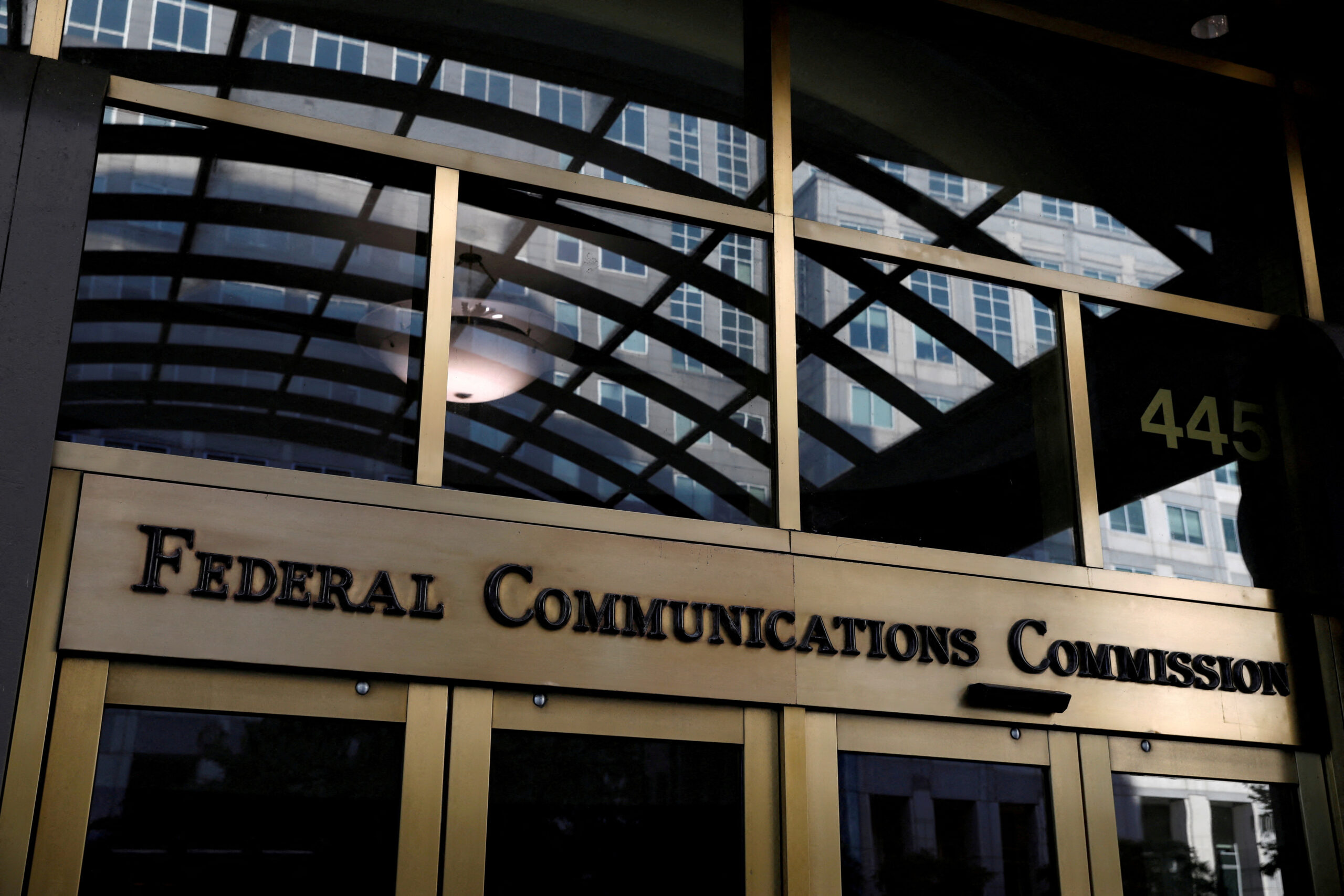
February 12, 2025
America Must Lead the AI Revolution—for Ourselves and Our Allies
Vice President JD Vance’s remarks at the AI Action Summit weren’t just another policy speech—they were a declaration of intent. The Trump administration is staking out a coherent vision: AI as a pillar of economic growth, national security, and American technological dominance. This approach recognizes that AI leadership isn’t just about research and development; it’s…

February 11, 2025
AI and the Future of Work Looks Bright
One of the hottest guessing games in workforce development is figuring out how generative artificial intelligence will affect jobs and how to prepare students and workers for an AI-infused economy. The future of work looks bright, but the full potential of AI to increase productivity and raise wages and incomes will only be realized if…

February 11, 2025
The Critical Role of Administration Officials in America’s AI Future
As artificial intelligence (AI) transforms the global economy, the success of America’s AI strategy depends on the expertise and leadership of administration officials nominated and confirmed by Congress. These public servants are essential in turning technological opportunities into real benefits for Americans while ensuring responsible innovation and economic growth. Administration officials, especially those leading key…

February 11, 2025
Trump v. CBS: When Politics, Journalism, Business, and FCC Authority Collide
Shortly after Donald Trump sued CBS in October over what he called “false, misleading, deceptive, and, therefore, unconscionable and detrimental news distortion” in editing a 60 Minutes interview with Kamala Harris, I contended that the lawsuit was likely meritless. While explaining that the Federal Communications Commission (FCC) is responsible for enforcing a rule against news distortion by over-the-air broadcasters, I questioned the lawsuit’s…

February 10, 2025
The Deeper Question Raised by the NIH Grant Overhaul
Last week, in a classic Friday evening news dump, the Trump administration set off one of those frantic controversies that seem to be our fate for the next few years. A tweet from the official X account of the National Institutes of Health declared: The tweet was backed up by a more formal memo justifying the new policy on…

February 10, 2025
Resilience: The New Challenge for Digital Systems Policy
Yesterday around 11:00 am, while working from home preparing course material for the next university semester, all Microsoft cloud-related connection to my university was severed. No OneDrive access to my files, no Teams to contact the information technology helpdesk, no Outlook to email my manager about my predicament …. I was truly isolated. Fortunately, the…

February 10, 2025
Unshackle States to Deliver on Broadband Promises
The Biden administration’s handling of the $42.5 billion Broadband Equity Access and Deployment (BEAD) program exemplifies why Americans turned to Donald Trump to be their president: big promises, bureaucratic bloat, and little to show for either. This presents an opportunity for Trump to deliver what others only promise. For its first three years, BEAD did…

February 10, 2025
DeepSeek’s Direct Challenge to Antitrust Orthodoxy
To understand what went wrong with antitrust during the Biden administration, look no further than former Federal Trade Commission (FTC) chair Lina Khan’s take on DeepSeek’s launch of R1, an artificial-intelligence (AI) platform. Rather than see the moment for what it is — a competitor arising by bypassing Biden’s supposedly insurmountable barriers to competition — she sees this…

February 10, 2025
The Specter of a Trade War
I haven’t written about tariffs at all, leaving it to Scott Lincicome to cover the ins and outs of tariff policy for Dispatch readers. But with the escalating trade war and a lot of open questions, I thought I would take a crack at trying to steelman President Donald Trump’s tariffs. While his rhetoric often seems impulsive, Trump’s push for tariffs…

February 7, 2025
Lessons from China’s DeepSeek: A Wake-Up Call for AI Innovation
In just a week, Chinese startup DeepSeek’s latest reasoning model erased a trillion dollars in market value, sparked new security concerns, and upended conventional wisdom about AI development. This forced policymakers and tech leaders to confront the implications of an affordable, high-performance model created by a geopolitical competitor. DeepSeek unveiled DeepSeek-R1, an advanced large language model…